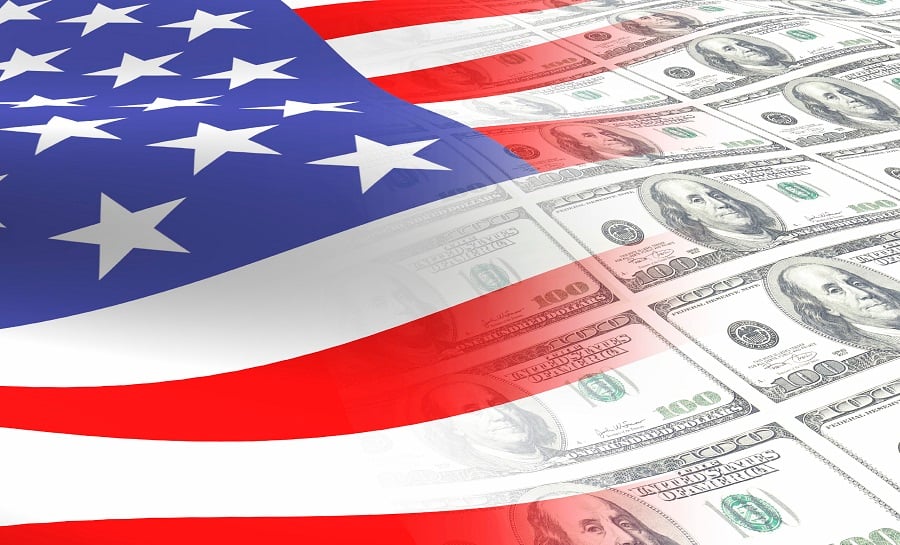

 |
 |
|---|---|
| Individual income taxes | Individual income taxes |
| Clinton: Would impose a 4% “fair share surcharge” on Americans making more than $5 million annually. Would implement the “Buffett rule,” imposing a minimum 30% effective tax rate on Americans making more than $1 million annually. | Trump: Would reduce the current seven tax brackets to three: 12%, 25% and 33%. |
| Capital gains and investment taxes | Capital gains and investment taxes |
| Clinton: Last year, Ms. Clinton proposed higher capital gains rates on shorter-term investments. | Trump: Did not mention investment taxes. |
| Taxes on retirement plans | Taxes on retirement plans |
| Clinton: Would end what she calls the “Romney loophole” through “limiting the ability of the very wealthiest to game the system by sheltering large incomes in tax-preferred accounts,” a summary on her campaign website states. She also mentions building on President Barack Obama's proposals in this area. | Trump: Does not specifically mention taxation of retirement plans. |
| Estate tax | Estate tax |
| Clinton: Would restore the estate tax to 2009 levels, $3.5 million for individuals at a rate of 45%. In 2016, the estate-tax exemption is $5.45 million for individuals and $10.9 million for couples, with a 40% rate. She also would “crackdown on loopholes in the estate tax, including methods that people can now use to make their estates appear to be worth less than they really are.” | Trump: Would eliminate the estate tax. |
| Carried interest | Carried interest |
| Clinton: Would eliminate this deduction that is used by private-equity practitioners. | Trump: Would also eliminate this deduction. |
| Child care | Child care |
| Clinton: Would expand the child tax credit. | Trump: Would provide an “above-the-line deduction” for child-care expenses, according to a campaign fact sheet. Low-income taxpayers could deduct them from their payroll taxes. |
| Corporate taxes | Corporate taxes |
| Clinton: Does not specifically mention corporate taxation in her plan. | Trump: Would establish a top corporate tax rate of 15%, which also would apply to businesses that are operated on the proprietor's personal income-tax return as a pass-through. |

Despite a lighter regulatory outlook and staffing disruptions at the SEC, one compliance expert says RIA firms shouldn't expect a "free pass."

FINRA has been focused on firms and their use of social media for several years.

RayJay's latest additions bolster its independent advisor channel's presence across Pennsylvania, Florida, and Washington.

The deal ending more than 30 years of ownership by the Swiss bank includes six investment strategies representing more than $11 billion in AUM.

Divorce, widowhood, and retirement are events when financial advisors may provide stability and guidance.
How intelliflo aims to solve advisors' top tech headaches—without sacrificing the personal touch clients crave
From direct lending to asset-based finance to commercial real estate debt.
